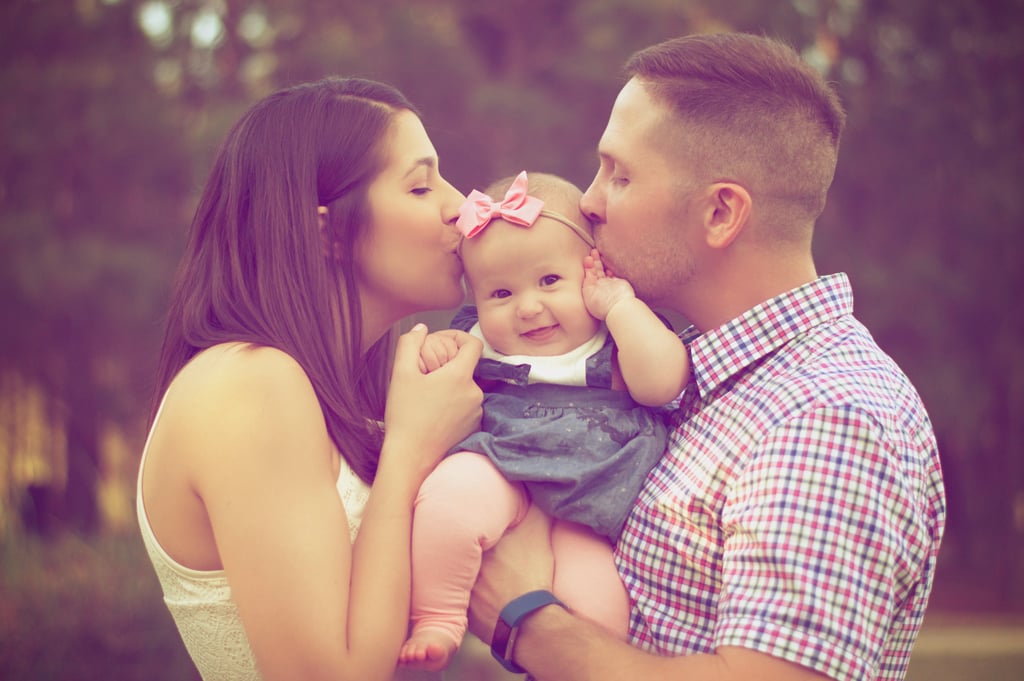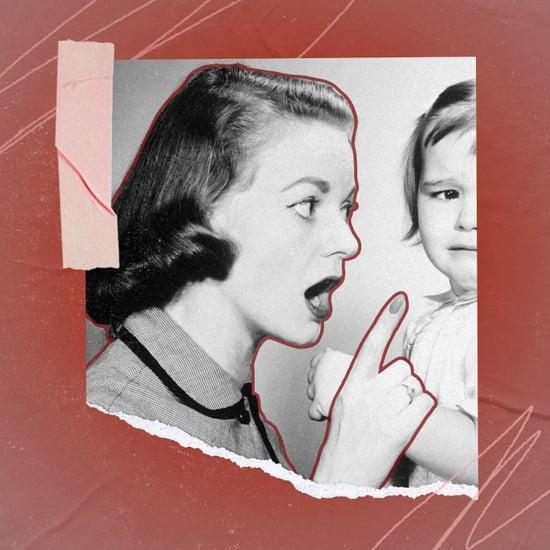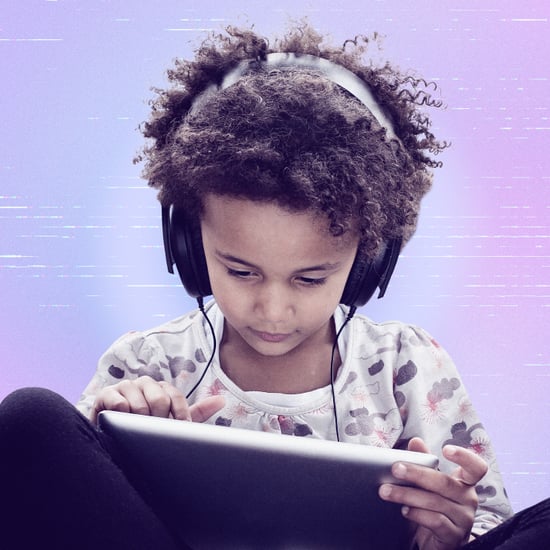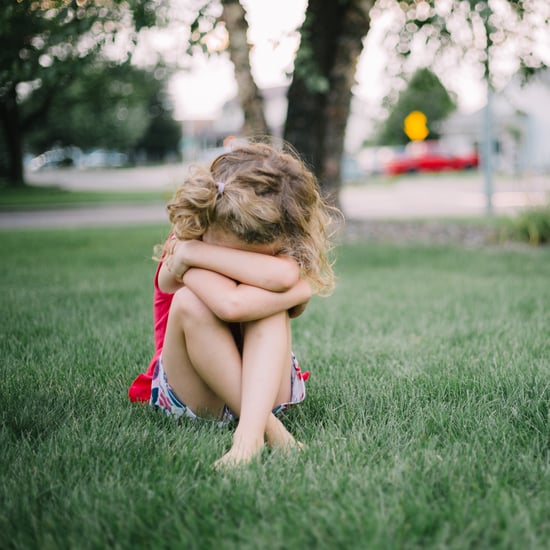How to Calm a Scared Child
25 Phrases to Help Comfort and Calm a Scared Child
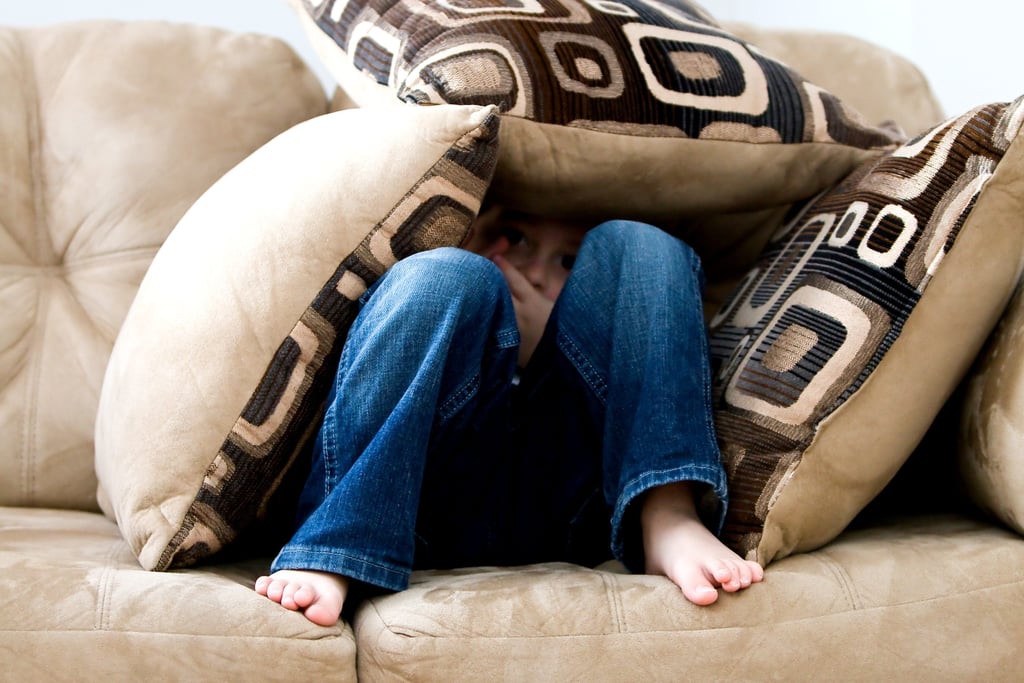
When you're little, the world can be a scary place. Where adults see closet doors and fireworks, children can see gateways for monsters and loud, scary noises exploding above them. Helping children deal with these fears can feel daunting, but it doesn't have to. "Not all scary moments are created equal and not all children respond to fear in similar ways," Dr. Allison Lobel, clinical psychologist and director of child and adolescent services for the Wellington Counseling Group, told POPSUGAR. "It's important to attend to changes in a child's behaviour with curiosity and cautious concern. Some children may shutdown and display a more paralyzed response to fear or even difficulty separating from a caregiver. Other children may display more overt signs of distress via crying, physically acting out, problems regulating emotions, and difficulty concentrating, to name a few signs."
Seeing your child experience any kind of fear can make any parent feel lost, but it's important for parents to do their research and have knowledge about what to do. "Fears can quickly elicit a sense of helplessness — for both children and parents alike — so having options on how to respond to the fear/anxiety can strengthen much-needed opportunities to experience agency and effectiveness around the situation," explained Dr. Lobel.
For starters, parents should honour their child's fear. "Do take the time to pause what you are doing and listen to your child describe his/her fear. Fear and anxiety can be isolating experiences at times, so connecting with a child through understanding and empathy can help the child feel less alone, and ultimately more able and willing to engage in coping resources," Dr. Lobel said. "Do collaborate with your child on how to address the fear. Talk about strategies and write or draw out plans together. Also, continue to be open to revisit discussions about the fear with your child. One or two conversations does not mean that a child has progressed past feeling anxious or fearful."
Even though something may not be scary to us as adults, it's important that parents treat their child's fear with seriousness. "Avoid minimizing and shaming your child about their fears," she explained. "Don't tell your child that something is silly, ridiculous, or crazy, and avoid telling your child not to be scared. Fear and anxiety are not pleasant emotional experiences, and if your child could talk themselves out of feeling scared, they would." Keep reading for 25 phrases parents can use to help calm their scared child.
1 "I get scared, too."
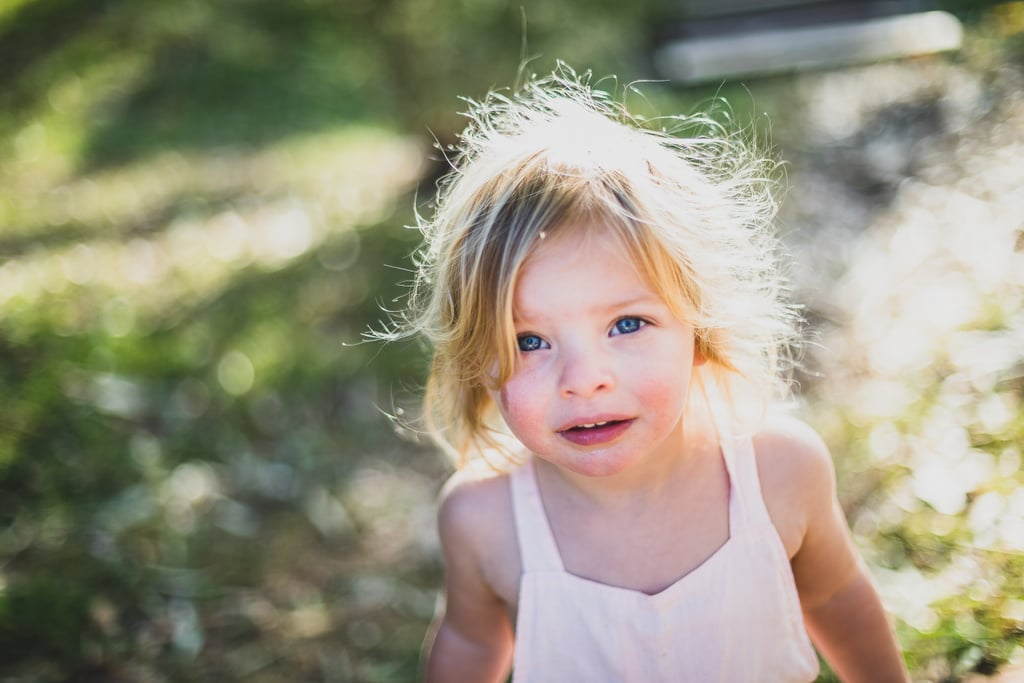
2 "Tell me how you feel."
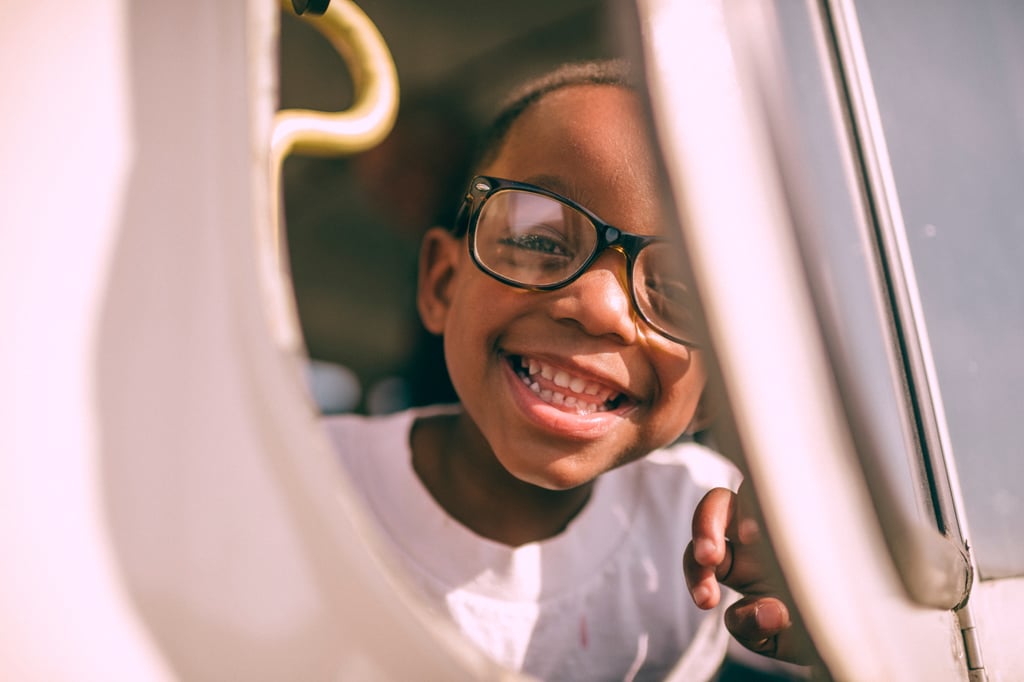
3 "It's not easy to face your fears."
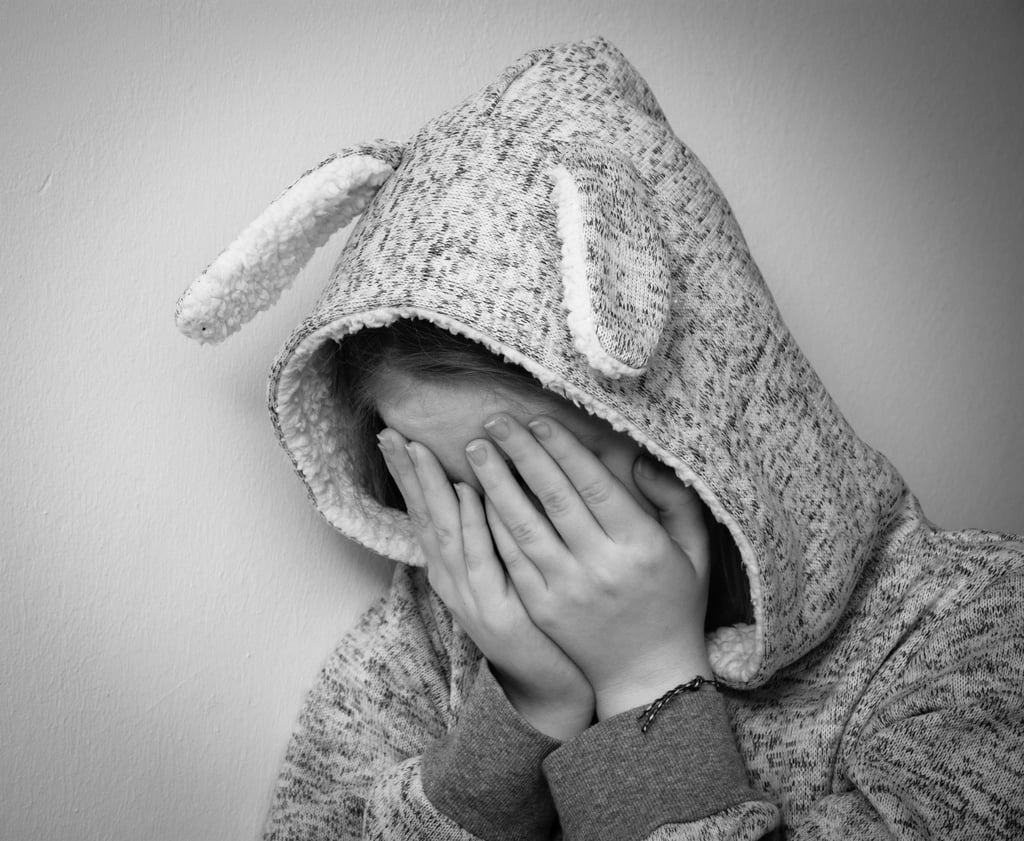
4 "Let me show you how to be brave."
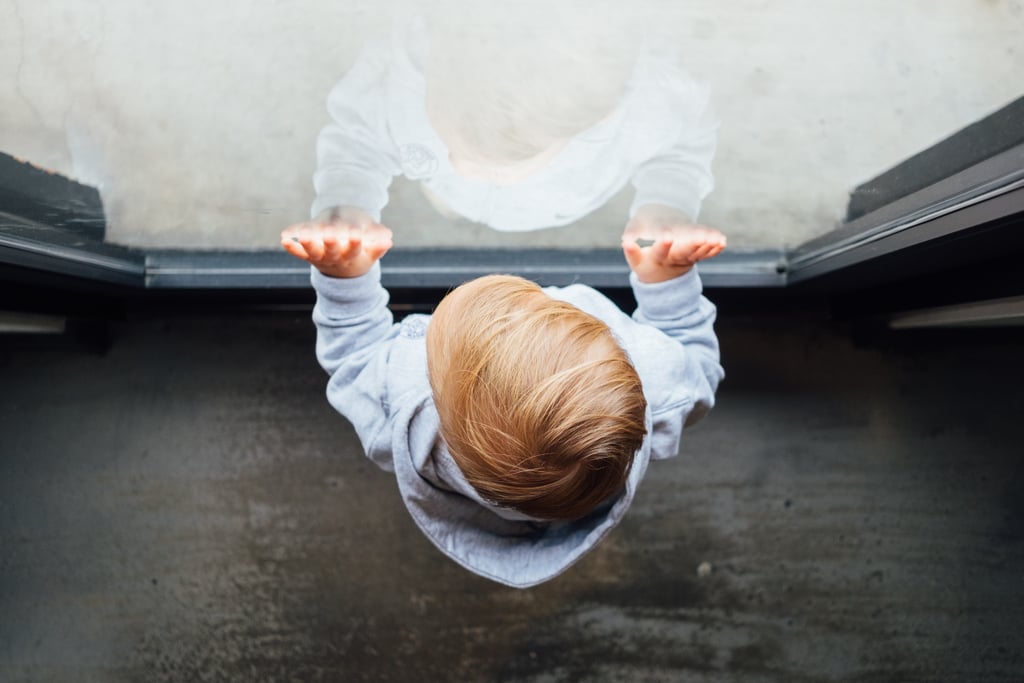
5 "You can do this."
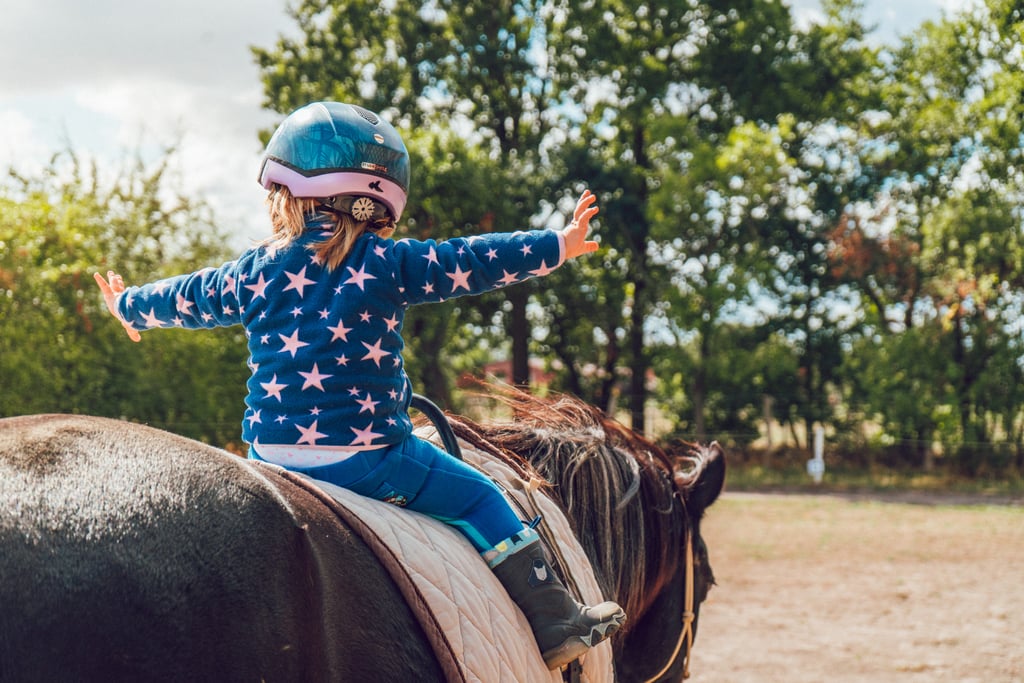
6 "Want to hear a joke?"

7 "Everything will be OK."

8 "Imagine you're a cloud."

9 "Tell me about something that makes you happy."

10 "Can you pretend that you're slowly blowing up a balloon?"

11 "Do you want a hug?"
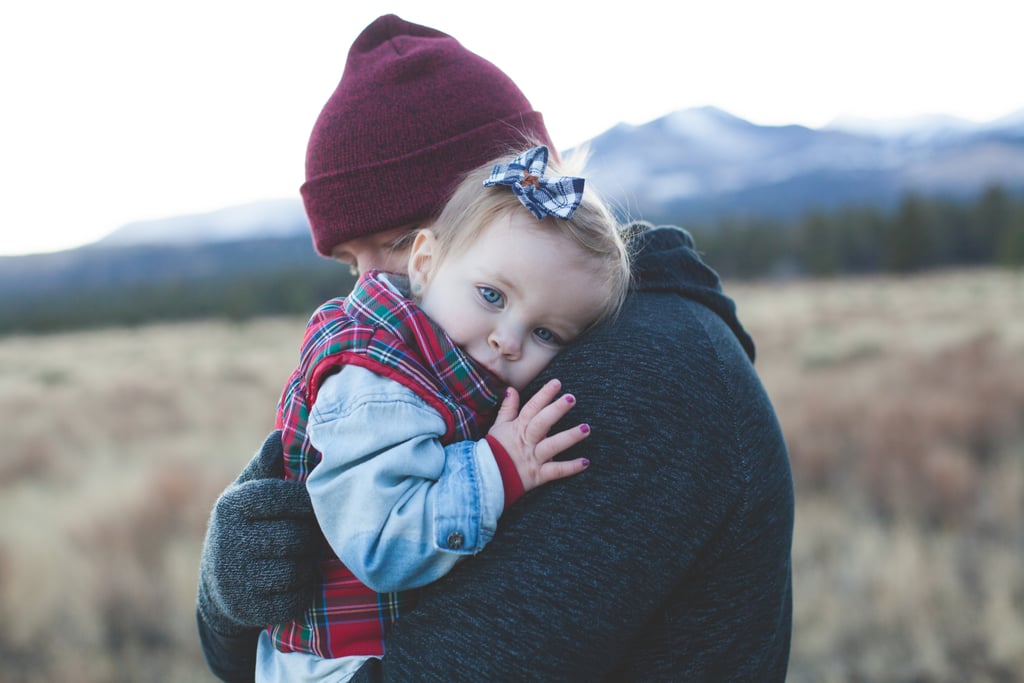
12 "Who are your favourite people?"

13 "I'm proud of you."

14 "Remember, you are brave."

15 "What would Black Panther do right now?"

16 "Here's a magic spell to make everything better."

17 "What can I do to help you feel safe?"
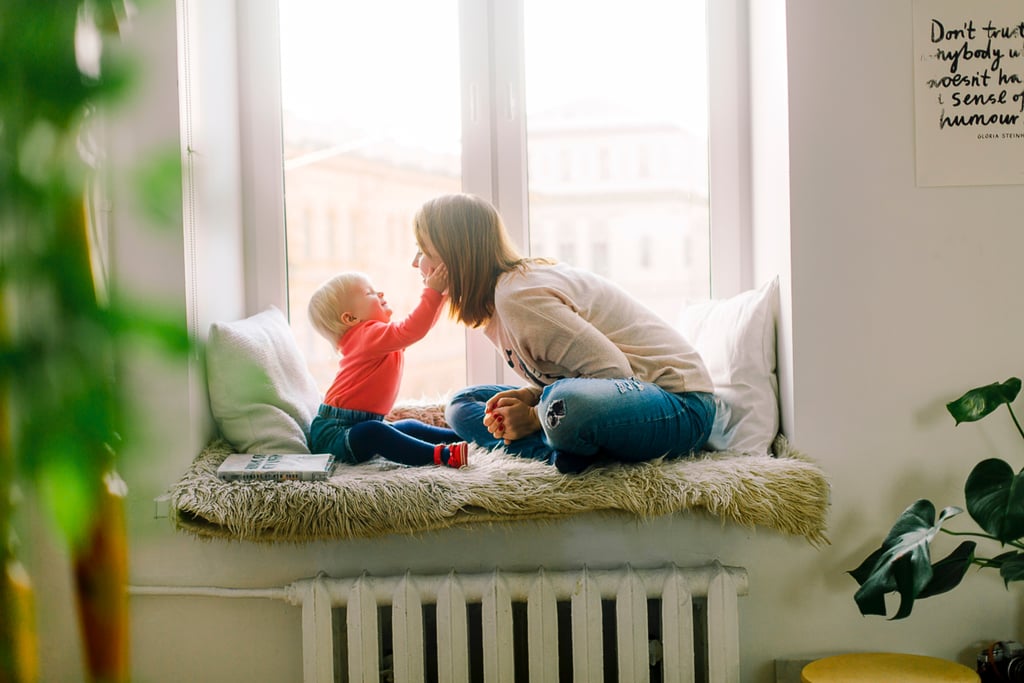
18 "What can you do that will make you feel safe?"

19 "Can we sing a favourite song together?"
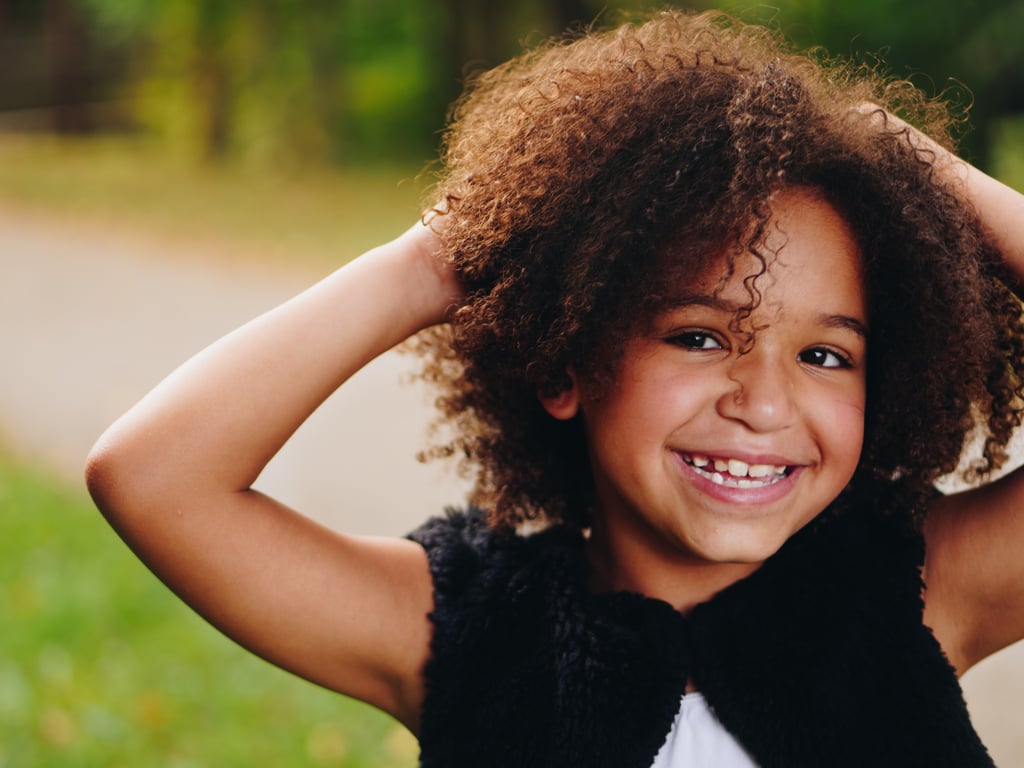
20 "It's OK to be scared."
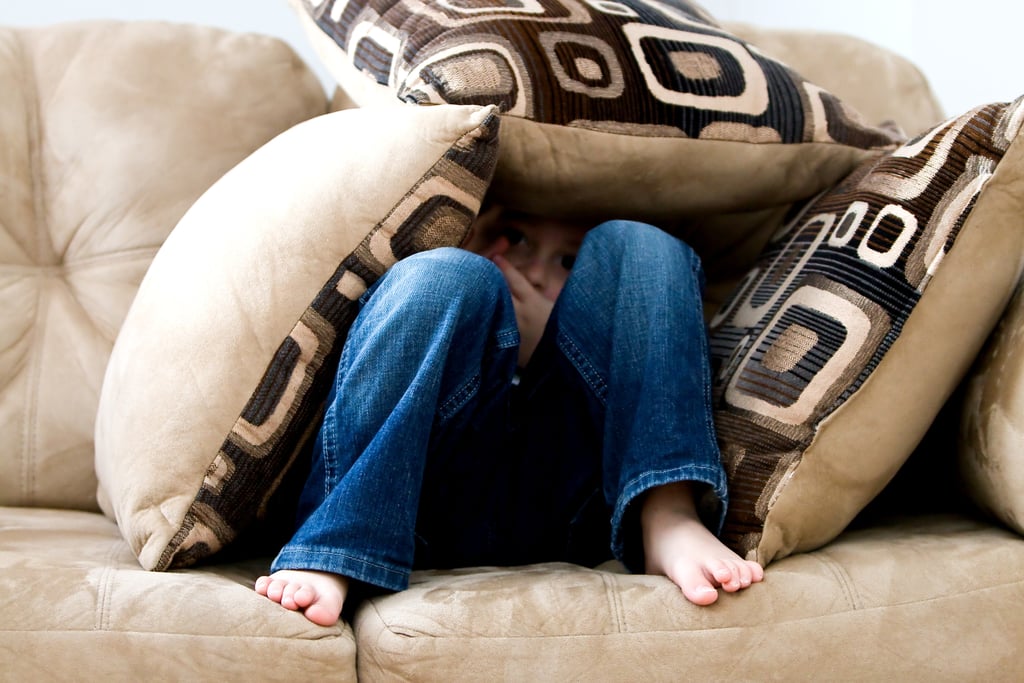
21 "Let's see if we can make this a little less scary together."

22 "Can we think of 10 things that make you happy?"
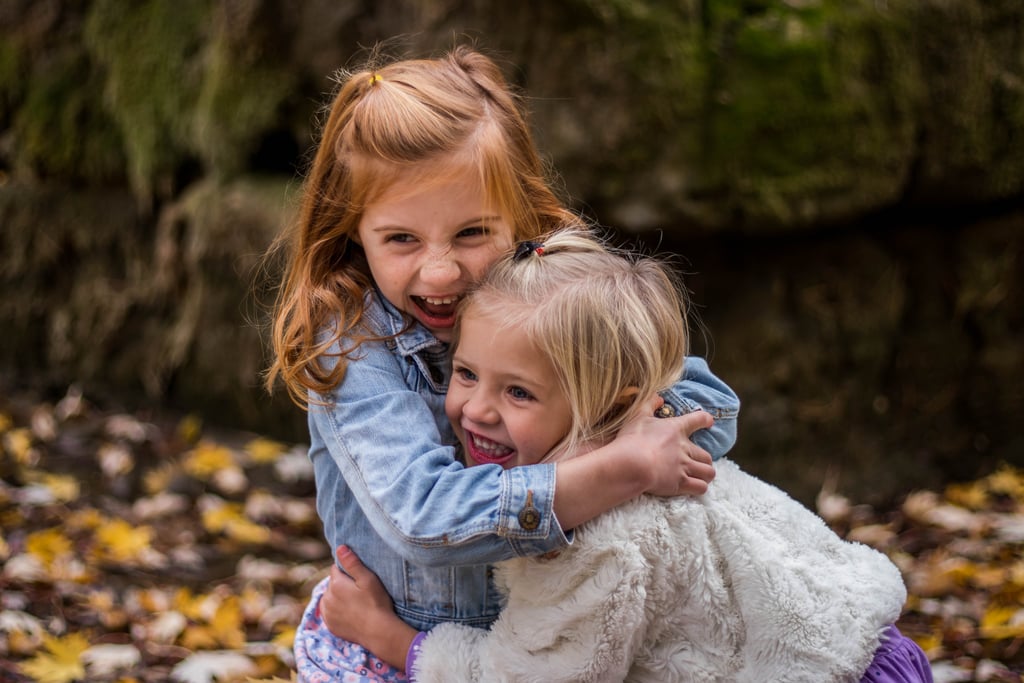
23 "What are you looking forward to tomorrow?"
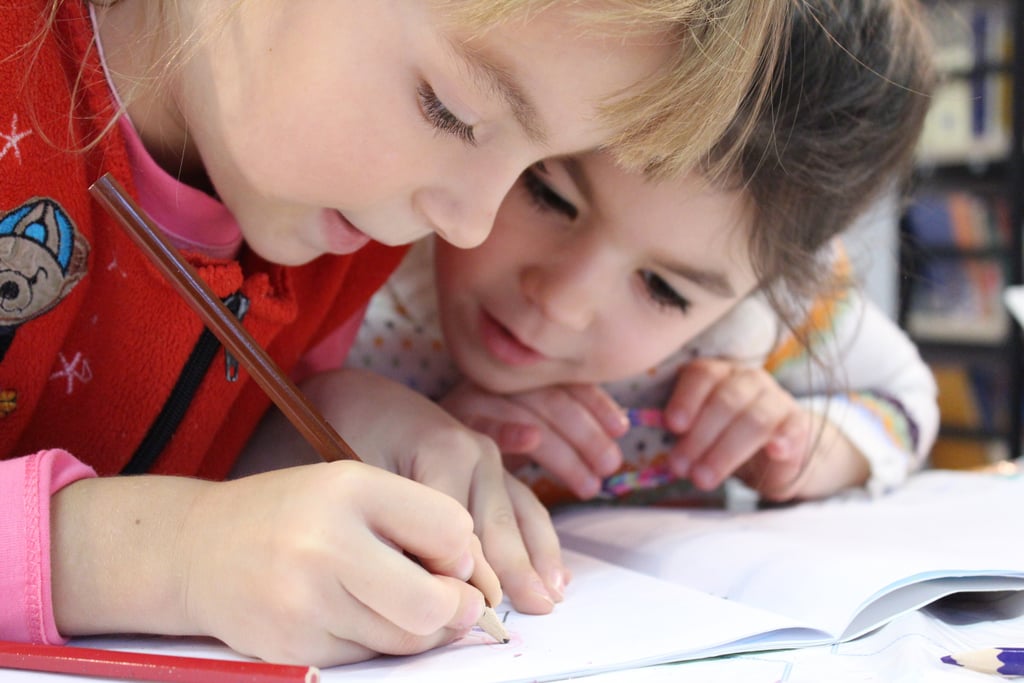
24 "I will protect you."
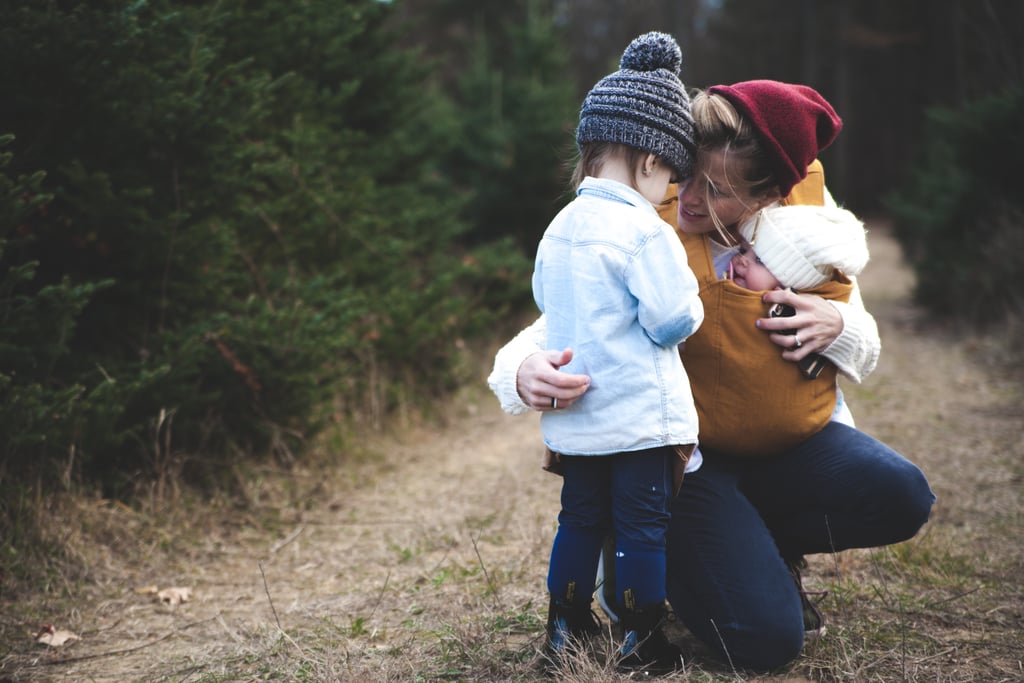
25 "You are loved."
